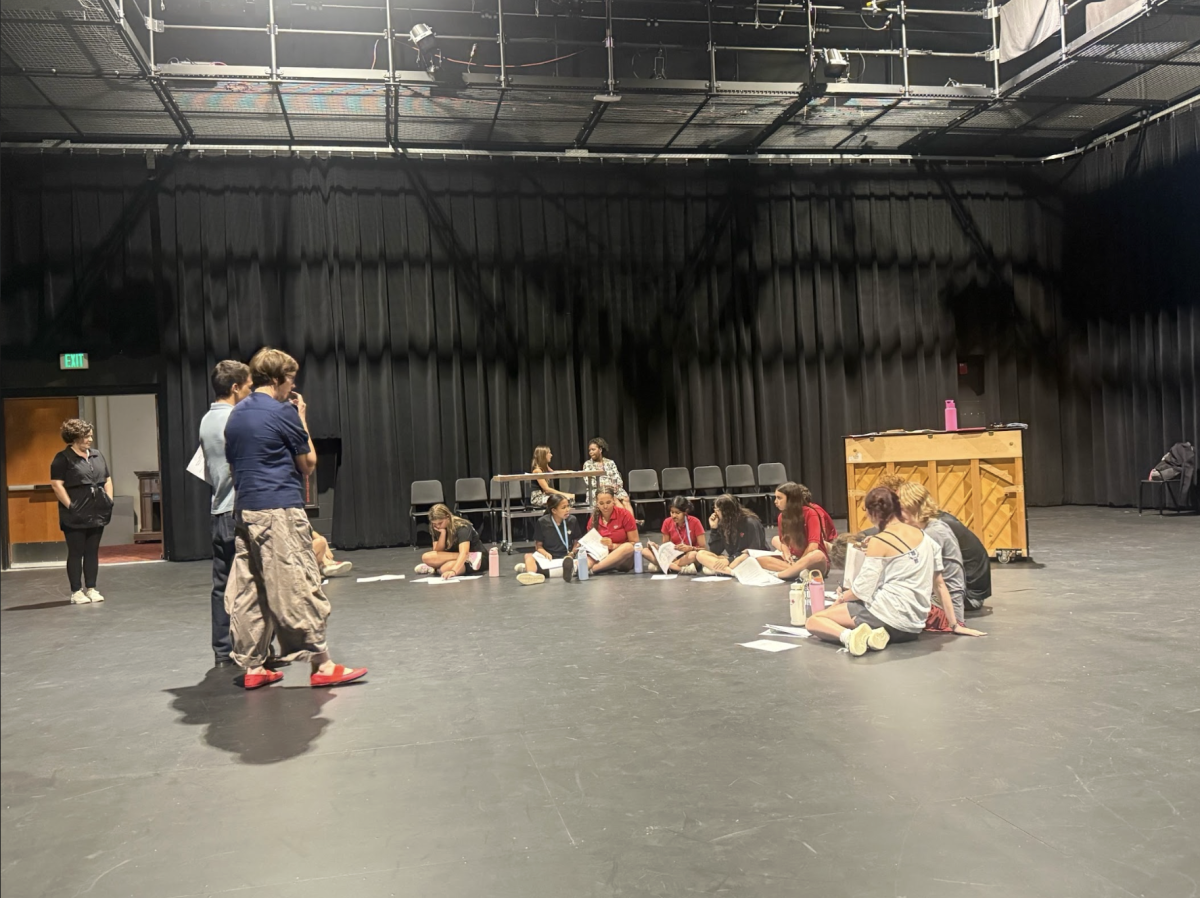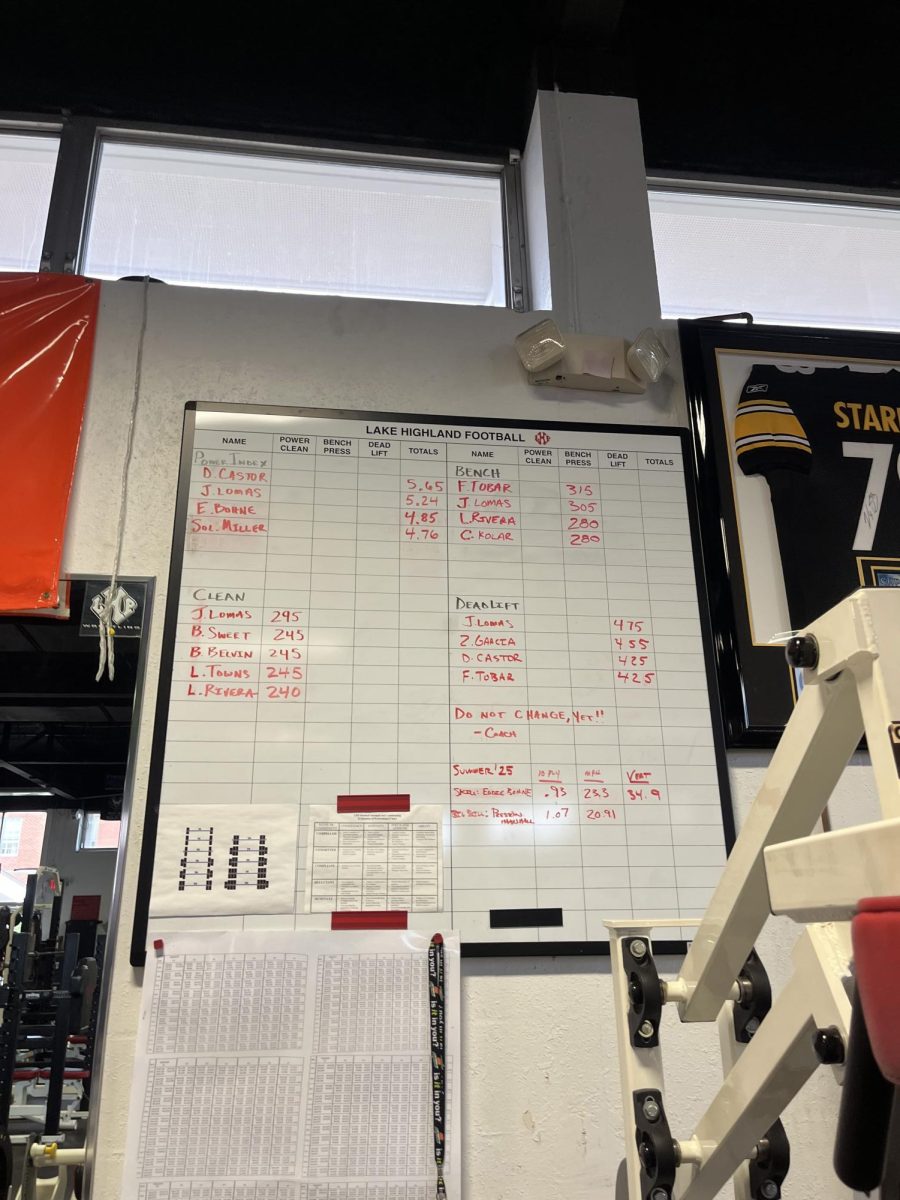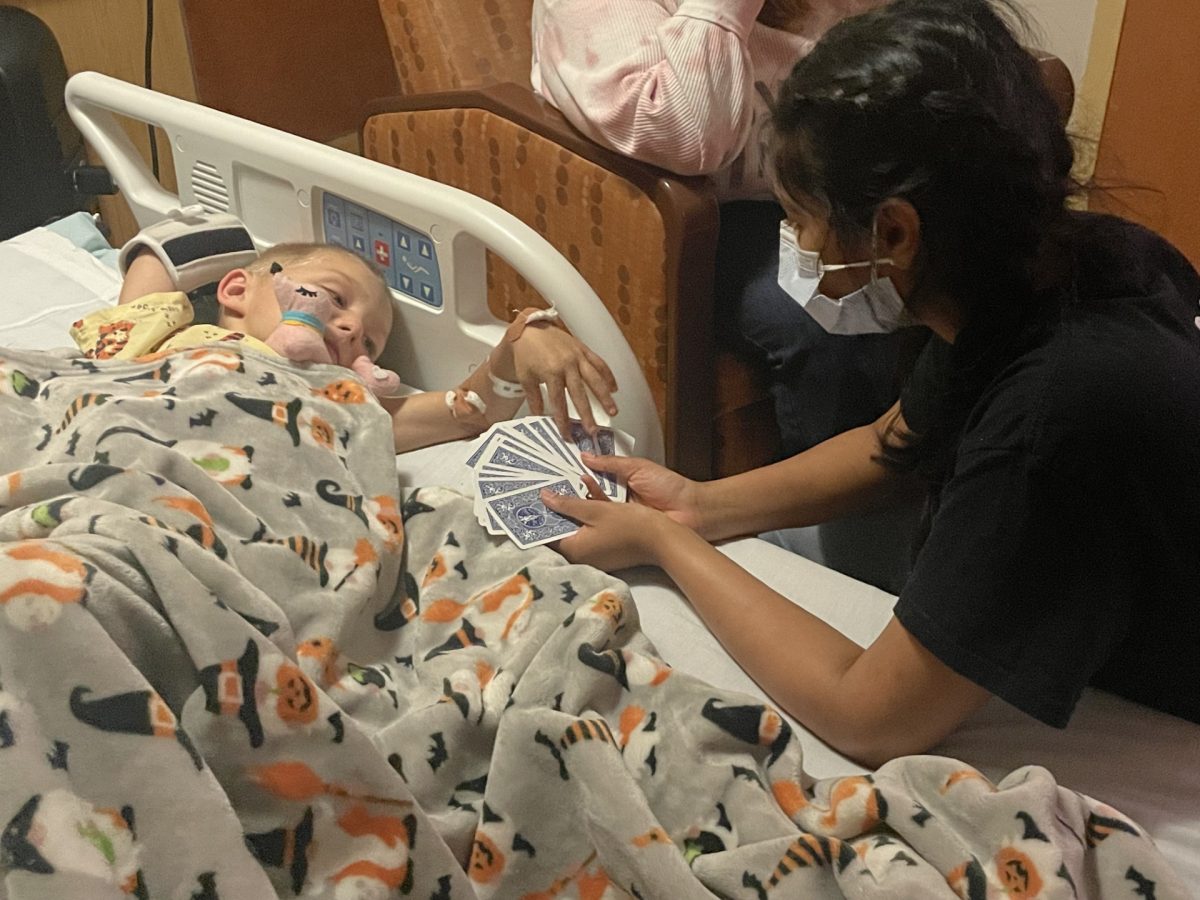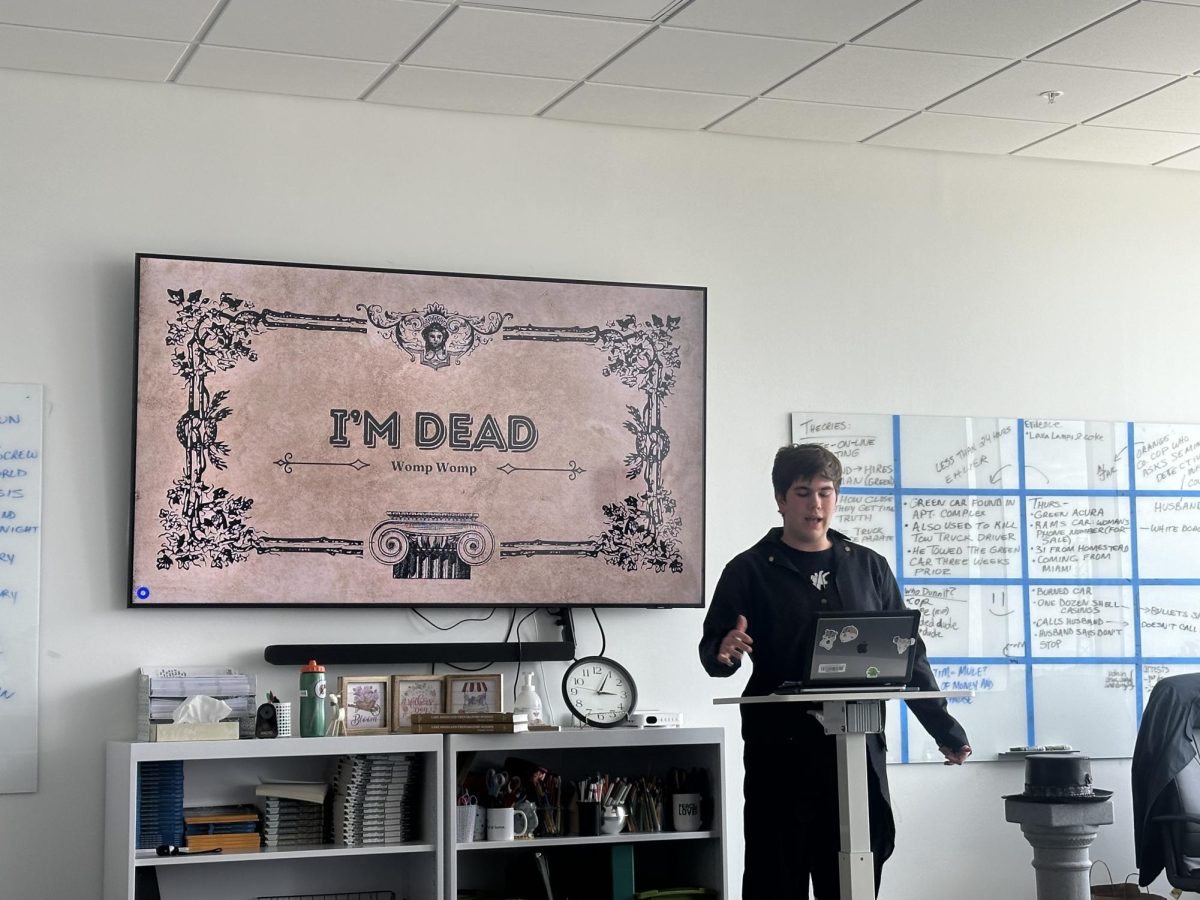We’ve all played Mafia before, right? Everyone sits in a circle, a storyteller picks the roles, and so forth. Without a doubt we’ve all had this experience at least once: you sit down, get ready to play, and…. nothing. You aren’t anything special, just regular townsfolk. This is but one of the many flaws in the classic game of Mafia. However, for those who want a similar social deduction game that, in mine and many others’ opinions, fixes many of these issues, check out Blood on the Clocktower. Blood on the Clocktower is a social deduction game similar to that of Mafia or Werewolf, where a majority of players who are on the “good” team try to find and eliminate the “evil” team. The catch is that the “evil” team knows who their members are and the “good” team has no clue who they are working with or against. The good team is made up of townsfolk: characters who have abilities that help the good team, and outsiders: characters who have abilities that hinder the good team. The evil team is made up of minions: characters with abilities to help the evil team or hinder the good team, and the demon: the main leader of the evil team that does all the killing. The demon is also the one the good team needs to execute to win.
The game is spread out into two phases: a day phase. And a night phase. During the day players talk to each other in private conversations sharing information, and then come together to discuss publicly and execute one of the players by majority vote. During the night, certain characters wake up to act, some learning information and some having other effects, namely the demon, who is killing people at night. This continues until the demon is dead or only two players live and one of them is the demon. While on the surface this seems almost identical to Mafia and other games like it, it differs in some key areas which set it apart and make it, in my opinion, so much better.
One of the main differences in Blood on the Clocktower versus games like Mafia is how the dead players are treated. In the Mafia, dead men tell no tales, and players who are dead are no longer able to talk or participate in the game. This can and often does feel bad for players who die early, especially in games with larger player counts. I have had many times where I was excited to play a game with all my friends, only to die on the first night and have to sit around doing nothing for the next 20 minutes, waiting for the game to finish.
Blood on the Clocktower fixes this issue in a couple of ways. First off, the demon doesn’t kill until the second night of the game, meaning that all characters that wake on the first night are guaranteed to use their ability, and everyone is guaranteed to be alive on the first day. Additionally in Blood on the Clocktower when you die, the game is not over for you. Dead players are still allowed to talk and discuss with everyone else, and they are still allowed to vote one more time. More often than not, the game is decided by the dead players. This makes dead players, still in fact, players which leaves the game feeling more fun for everyone.
Another one of the main differences between Blood on the Clocktower and Mafia is the characters. In the Mafia, generally, there are between one and three special characters like the Mafia or the Doctor. However, in Blood on the Clocktower, everybody’s character has an ability that affects the game. The washerwoman can learn information, the monk can protect people at night, the evil spy can learn people’s roles, or the imp can carry out the killing. No matter what character you are, you will have an impact on the game and have something to bring to the table. Additionally, this variety of characters means that no two games are ever the same. The ability of the storyteller to pick and choose what characters are in play means they can craft a game to suit their players. So sometimes games might have a lot of starting information, and the players have to go off of social reads or more mechanical information, and sometimes it’s the opposite and there is more ongoing information and almost no starting information. Each game is different, and it’s part of the reason that Blood on the Clocktower has so much potential.
Blood on the Clocktower takes the classic formula of the Mafia and refines it into a more engaging and inclusive experience for all players. By ensuring dead players remain active participants, and giving every character a unique role with meaningful impact, it addresses many of the frustrations that can arise in similar games. Whether you’re unraveling mysteries on the good team, or sowing chaos as part of the evil team, Blood on the Clocktower offers a dynamic, strategic, and endlessly replayable social deduction experience.











































